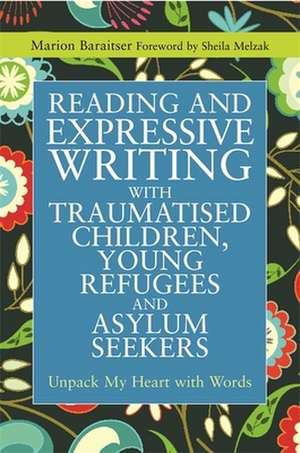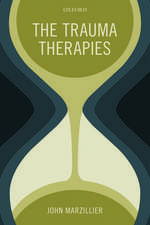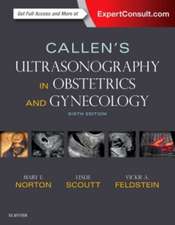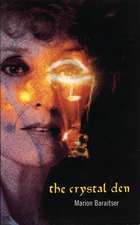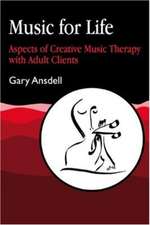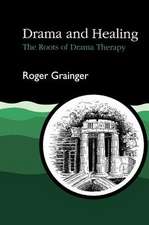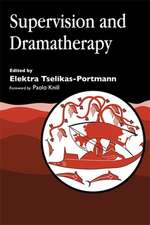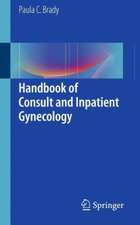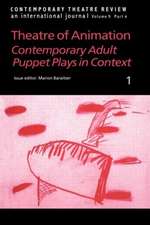Reading and Expressive Writing with Traumatised Children, Young Refugees and Asylum Seekers: Writing for Therapy or Personal Development
Autor Marion Baraitseren Limba Engleză Paperback – 14 ian 2016
Preț: 226.79 lei
Preț vechi: 238.73 lei
-5% Nou
Puncte Express: 340
Preț estimativ în valută:
43.40€ • 45.08$ • 36.05£
43.40€ • 45.08$ • 36.05£
Carte disponibilă
Livrare economică 13-27 ianuarie 25
Preluare comenzi: 021 569.72.76
Specificații
ISBN-13: 9781849053846
ISBN-10: 1849053847
Pagini: 288
Dimensiuni: 152 x 228 x 18 mm
Greutate: 0.41 kg
Ediția:New.
Editura: JESSICA KINGSLEY PUBLISHERS
Seria Writing for Therapy or Personal Development
ISBN-10: 1849053847
Pagini: 288
Dimensiuni: 152 x 228 x 18 mm
Greutate: 0.41 kg
Ediția:New.
Editura: JESSICA KINGSLEY PUBLISHERS
Seria Writing for Therapy or Personal Development
Notă biografică
Marion Baraitser is an award-winning, performed and commissioned London playwright and published short story writer. She was given the British Council Travel Award to foster peace in the Mediterranean as a playwright in 1997, and has founded her own small press, Loki Books, which 'voices the voiceless.' Marion is the writer in residence at the Baobab Centre for Young Survivors in Exile, and she lives in London with her husband, four children and grandchildren. www.marionbaraitser.com
Textul de pe ultima copertă
Young asylum seekers and refugees who have known war violence arrive in the global north as vulnerable children and young people unable to speak. Therapeutic reading, writing and dialoguing using literature works as an intervention for their recovery of memory through language. This book guides readers through all aspects of implementing biblio/narrative therapy with children and adolescents, from the importance of cultural sensitivity and understanding the psychological needs of the child to providing practical information on how to choose the right text and encourage expression through the spoken and written word.""
Cuprins
Foreword by Sheila Melzak. Introduction. Part 1. Terror and Telling: Entering the Young Asylum Seeker's World. 1. War trauma, abuse, and the interrupted narrative. 2. Linking external and internal worlds. 3. Self-narration and identity: therapeutic writing that reconstructs and connects. 4. 'I am neither here nor there': living in two cultures. Part 2. Mapping the Terrain. 5. Healing words have history. 6. Approaches. 7. Processes. 8. The key: selecting books. 9. Core competencies: training and organisations. 10. Ethics and good practice. Part 3. Derring-do: Entering the Symbolic World. 11. Trauma and word-play. 12. Accessing trauma through images, symbols, and metaphors. 13. Dreams and fantasies in trauma. 14. Fairy tales and myths: therapeutically 'storied pain'. 15. Using poems and stories in developmental reading/writing. Part 4. Social Dynamics. 16. The value of commonality and community. 17. Group skills. Part 5. Brain Works: Putting your Mind to It. 18. The creative brain: trauma, memory, and narrative. 19. The brain, literature and trauma. Part 6. Mapping the Research: the Efficacy of Writing on Trauma: an Evaluation. 20. Controlled laboratory studies and 'real world' projects. 21. Interapy: therapy online, future research.
